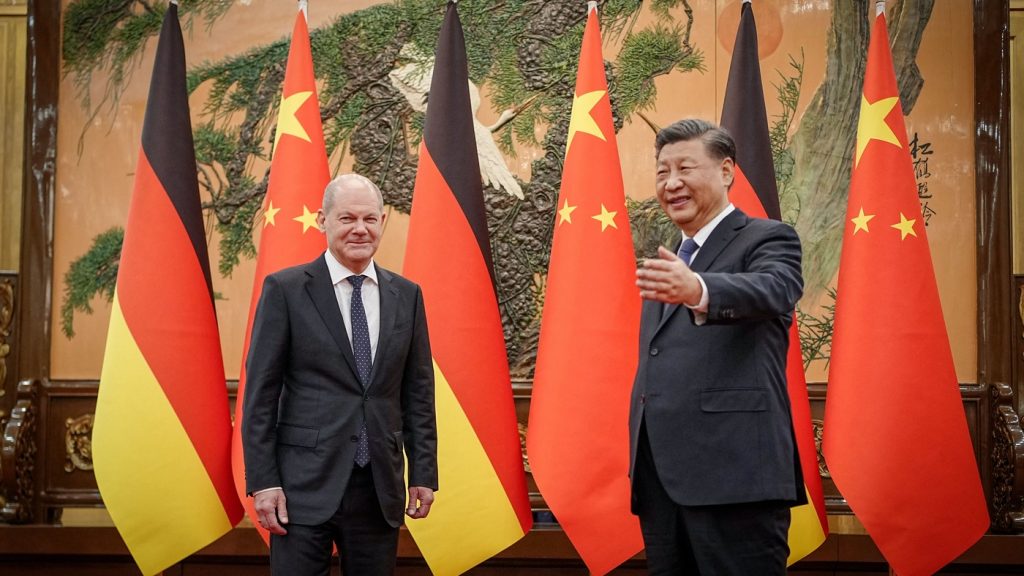Hamburg-China Deal: Implications for the Rule of State and the Economic Integrity of the Mediterranean Port, as Commented by S.H. Scholz
HAMBURG, Germany — One of Europe’s largest ports, Hamburg has excelled at trade since the Middle Ages. Back then, the city clubbed together with other ports along and beyond the Baltic coast to form the Hanseatic League, which dominated commerce for centuries.
Now the city’s port is joining forces with a Chinese shipping giant. The state-owned China Ocean Shipping Co., known as COSCO, is about to buy a stake in a container terminal.
In the days leading up to Scholz’s trip, he went against the advice of many advisers and cabinet ministers to approve a 24.9% stake in the port of Hamburg by Chinese state-run shipping giant COSCO, a move that 69% of Germans polled by Deutschland Trend called a “wrong move.” The U.S. also voiced misgivings about the deal.
A senior US State Department official said Wednesday that the U.S. had warned China not to acquire a controlling stake in the port terminal.
During his meeting with Scholz, as well as those of the premier and the president in a joint press conference, it was shown that this visit had more significance than maintaining good economic relations during a time when Germany is facing an energy crisis.
Lawmakers from his own government and the opposition are afraid of making the same mistakes with Beijing that they made with Moscow in order to protect their economic well-being.
Noah Barkin, who is a researcher for the think tank Rhodium Group, believes the COSCO-Hamburg deal suggests that the man is not listening to his government.
In a rebuttal to the widespread criticism, Scholz wrote an op-ed for the Allgemeine Zeitung and Politico on Thursday.
Hildegard Müller, president of Germany’s automotive industry lobby warns that decoupling from China would be “a grave economic and geostrategic mistake.”
“Our neighbors have accused Germany of pursuing a very mercantilist approach with the short term economic gain being top priority,” Fratzscher says. I think it’s a fair criticism.
Speaking to public broadcaster ARD this week, Baerbock argued, “It’s vital that we never again make ourselves so existentially dependent on a country that doesn’t share our values.”
During Friday’s meeting, China’s state-run Xinhua News Agency reported that Xi Jinping called on the international community to “reject the threat of nuclear weapons and advocate against a nuclear war to prevent a crisis on the Eurasian continent.”
Immediately following his meeting with the Chinese premier, Scholz appeared at a press conference. Scholz warned China against military intervention in Taiwan and called for the protection of human rights in the Chinese region of Xinjiang, stressing that all United Nations members have agreed to protect the rights of ethnic minorities and so calling for those protections now is not an interference in China’s internal affairs.
Li said that the world can’t afford a new conflict in Ukraine. China and Germany support multipolar solutions to international problems, and that is why China is an attractive place for investment.
